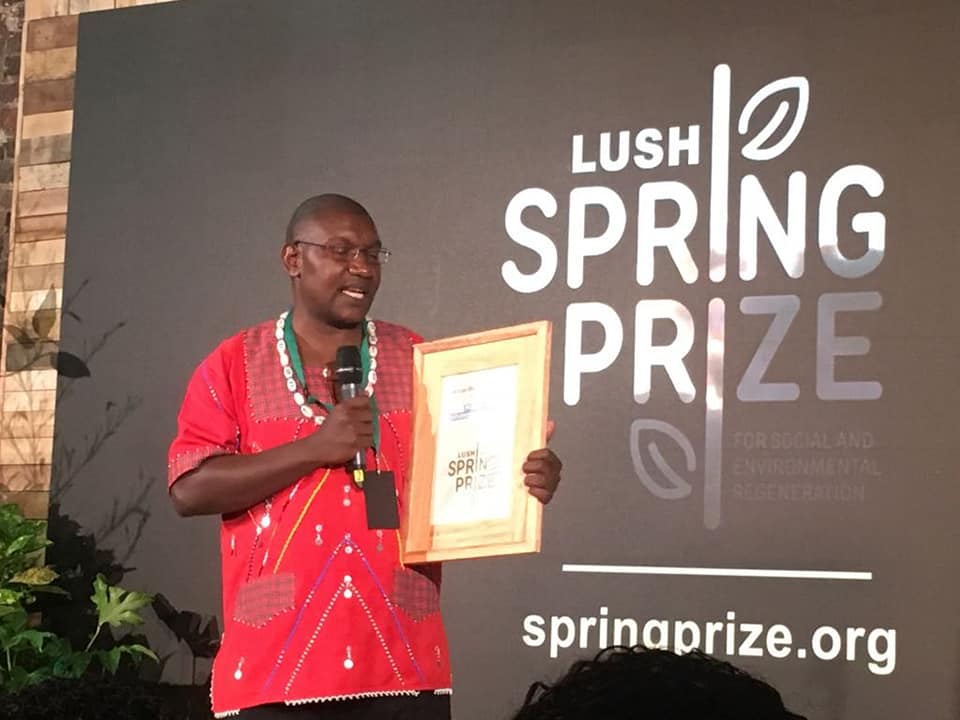Are traditions simply a thing of old that are interesting but not relevant to the world we live in today? In my last blogpost for Transition Network I sat down with Simon Mitambo to hear more about how he is using traditional governance structures from his Tharaka community to revive cultural and biological biodiversity, and connecting with other communities doing similar work across Africa.
With the organisation he set up, SALT, which stands for Society for Alternative Learning and Transformation, regular meetings use the Tharaka clan structure to determine the meeting structure, content and who is responsible for providing for meetings. Invoking this responsibility in community members ensures the society is self-supporting, and counteracts the common problem of dependency and waiting for someone else that many NGOs in Kenya and in Africa suffer from and create (my interview with Joseph Lentunyoi of LPC also touched on this, and see an example from Tanzania here). SALT meetings are held under trees in the open, as dialogues and storysharing, and elders are invited to share their knowledge about different things, restoring their role as specialists. Simon said to me:
Elders are traditional knowledge holders and they can inform our knowledge and practice. So this is SALT’s mandate: to bring back traditional knowledge, to teach it in a way that’s captivating, and in a way that connects.
Besides working with SALT, Simon is the network co-ordinator for the African Biodiversity Network (ABN) that brings together organisations doing similar work across the continent. He also has started a school in his local community where the curriculum integrates learning from and respecting nature. Reviving traditions for the world we live in today in which social disconnection and societal and ecological breakdowns are rife (see climate change), is the key according to Mitambo (and I agree). As he put it,
“When we use the right structure, it has power in how we work.”
Read the full post here.


Talk to me